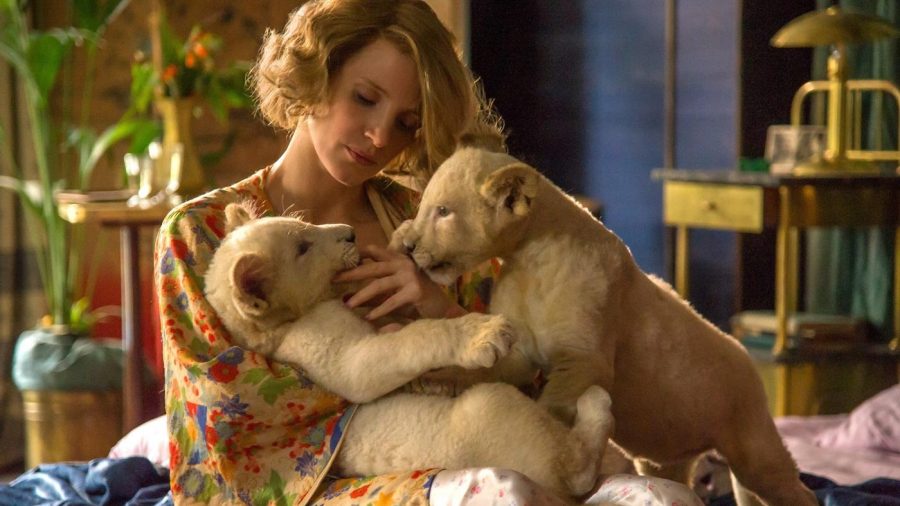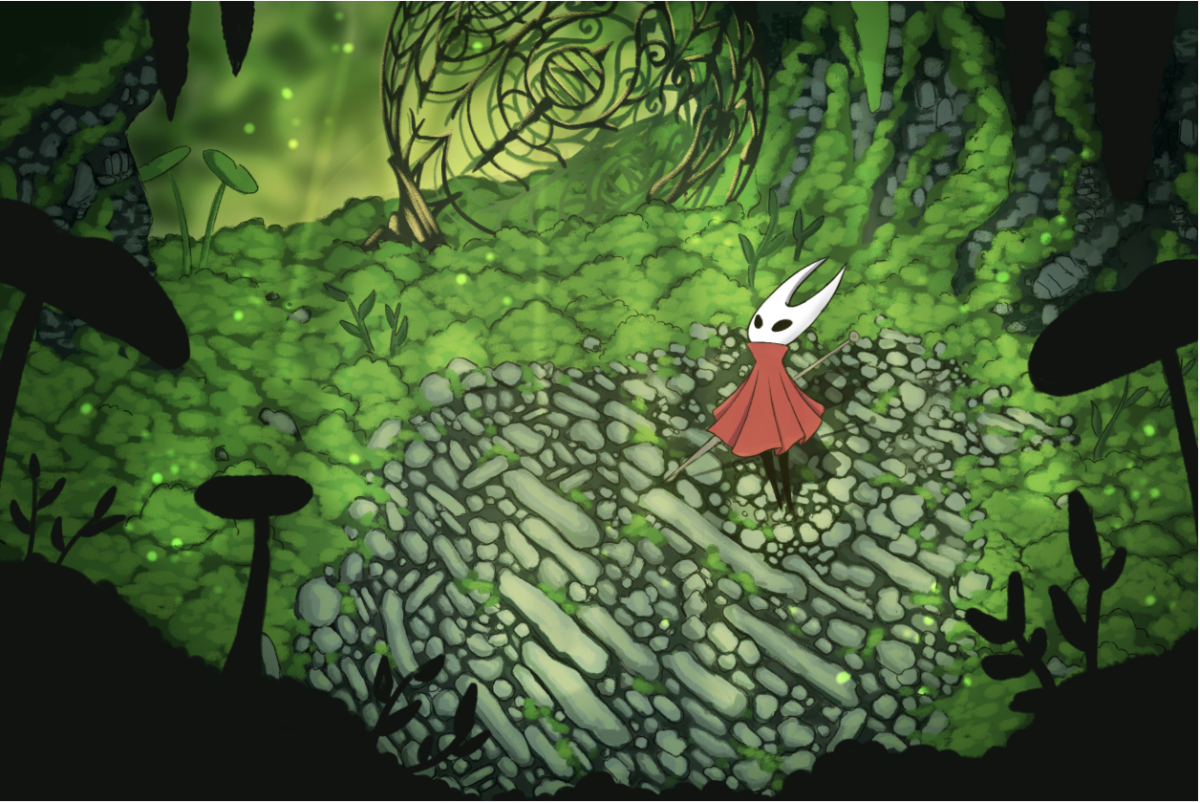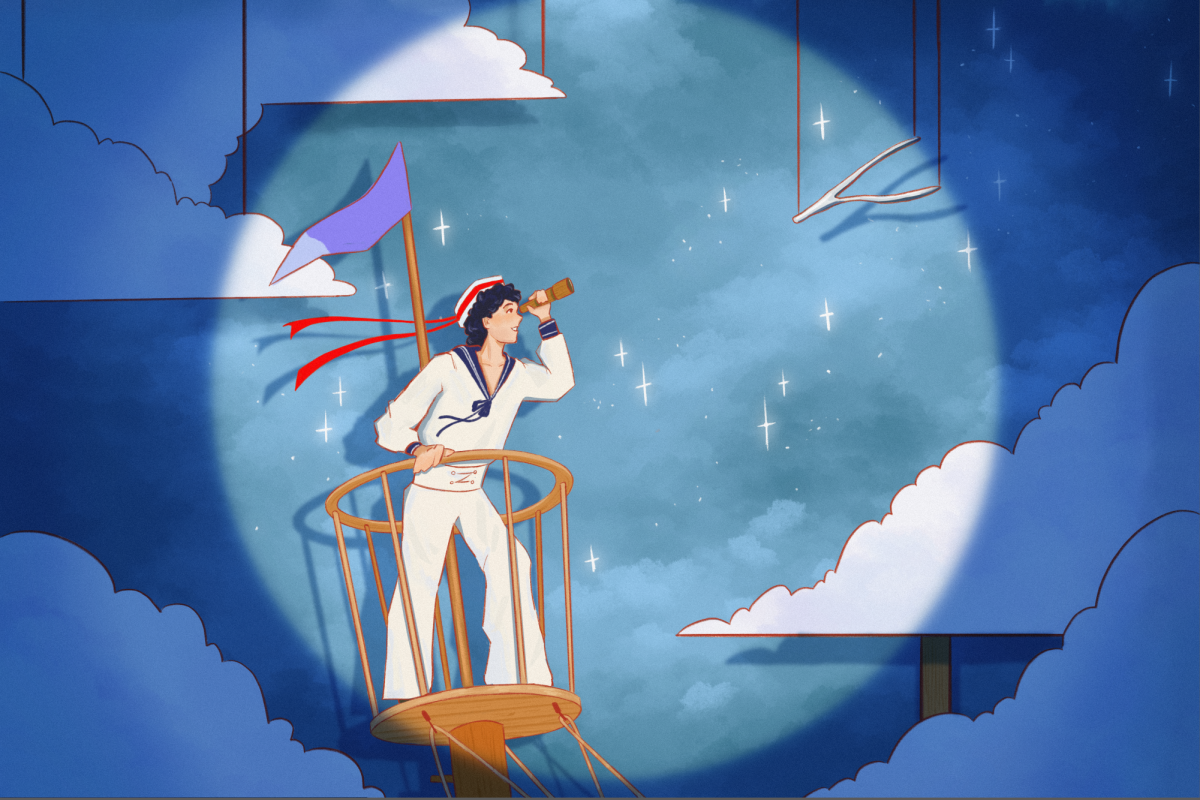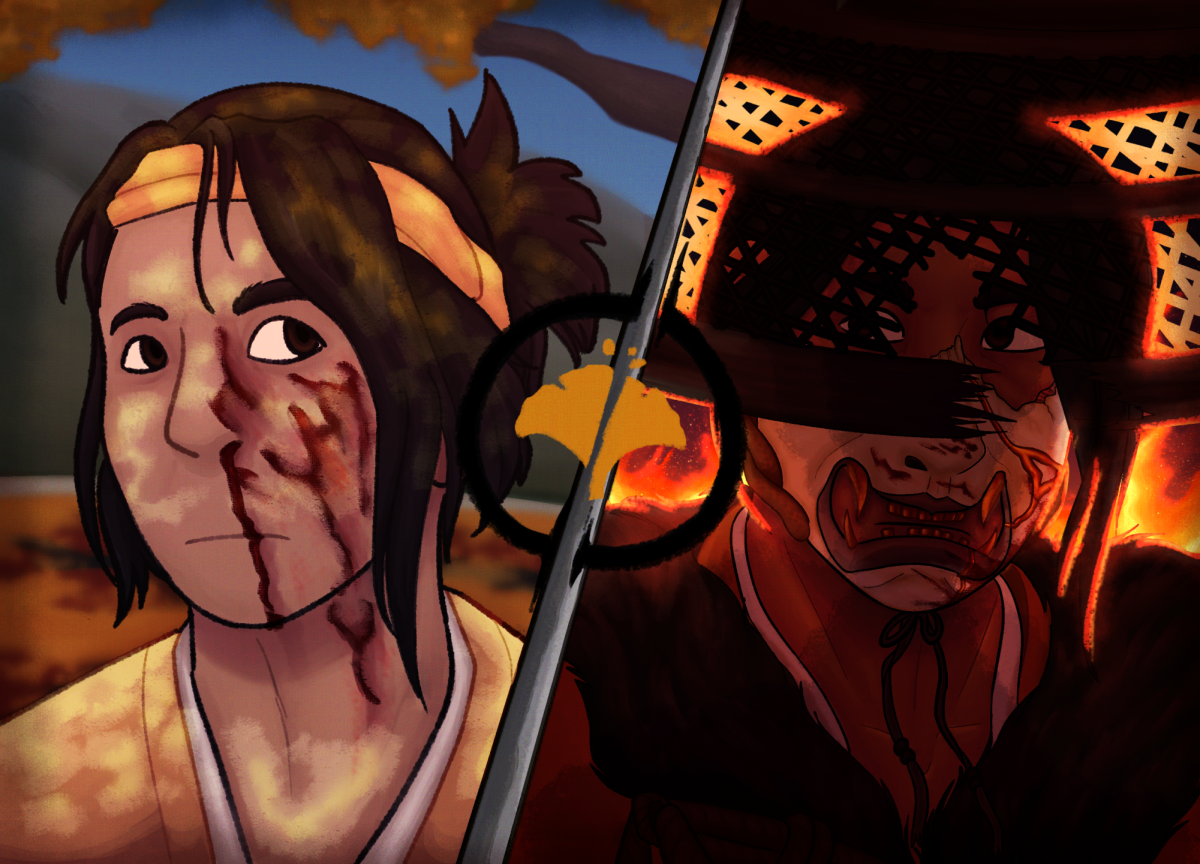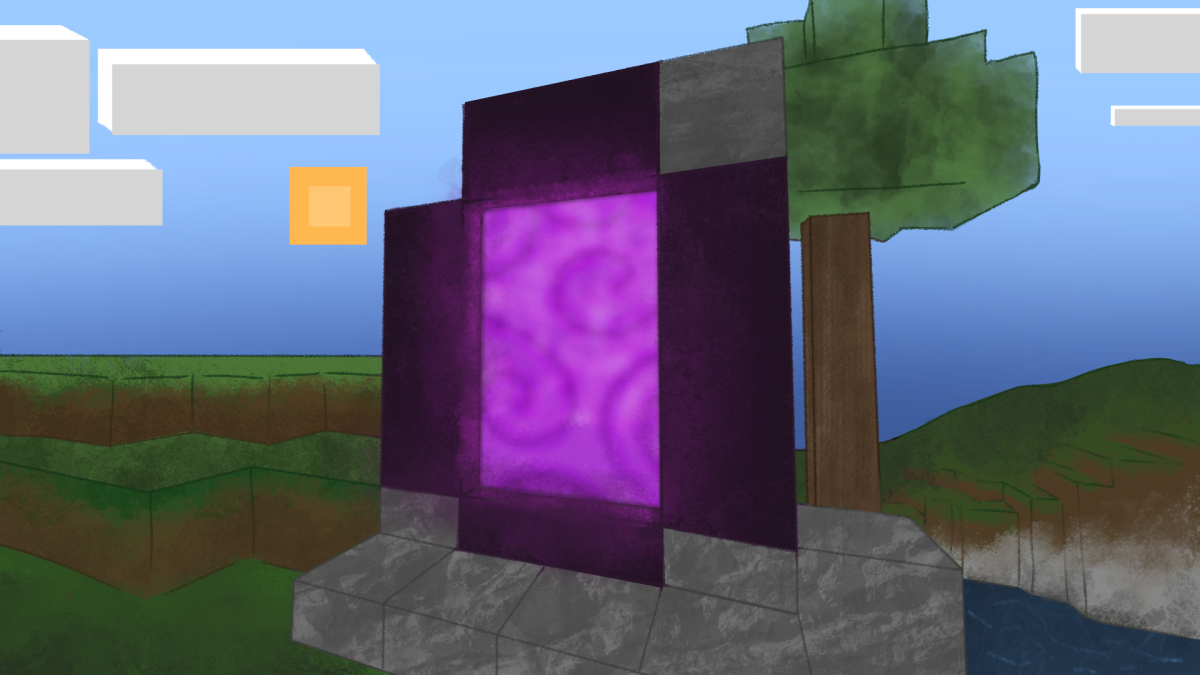They gave all they had to save all they could. “The Zookeeper’s Wife,” directed by Niki Caro, brings to life the true, heroic and heartwarming story of Antonina and Jan Zabinski, a Polish couple who saved the lives of over 300 European Jews during World War II. Based off the bestselling, non-fiction book by Diane Ackerman, the movie illustrates the sparks of compassion and love during the horrors of the Holocaust.
In 1939, Jan Zabinski and his wife Antonina own and live on the grounds of the Warsaw Zoo. Though Jan is the head zoologist, both visitors and politicians know that Antonina is the one who has the strongest bond and influence on the animals. When the second World War breaks out as Hitler seizes Poland, the couple is forced to give up their zoo as a place to occupy German troops.
When their close friends are forced into the Warsaw ghetto, Jan and Antonina come up with a harrowing plan to rescue as many Jews as they possibly can by smuggling them out and hiding them in the basement of their zoo. This is only possible with the trust Antonina gains with Hitler’s head zoologist, Lutz Heck, who has feelings for her. As the war escalates and Lutz begins to realize the true intentions of Antonina, the Zabinski’s mission of rescuing Jews becomes more urgent and risky than ever.
Despite mixed reviews from critics, “The Zookeeper’s Wife” has great intentions. Its main purpose is to illustrate the inspiring, true and relatively untold story of Antonina Zabinski; however, the leading female character is left in the background in some of the most critical scenes.
Though the movie is captivating, both the script and storytelling are blurry in some parts. The content itself, dealing with the ghettos and intense prejudice, is inevitably emotional, but the movie fails to make it as impactful as it could have been. Sometimes, it seems as if important issues that occurred in the Holocaust are glossed over, making the movie seem like another melodrama. It lacked complete focus on the ramifications of the Holocaust and what the Jews went through.
When watching a movie about the inhumanity of the Holocaust, everyone must be prepared for graphic, gritty and emotional scenes. “The Zookeeper’s Wife” has its fair share of these tough scenes, including one graphic scene of implied rape, one sexual assault, animals being slaughtered in cold blood and children being hauled off in cargo trains. The Holocaust is already hard to grasp, but the movie elaborates on the types of abuse Nazi’s inflicted not only on the European Jews, but on all life around them.
Though difficult to watch, these tough and triggering scenes are necessary because they illustrate the brutal reality of the Holocaust. They were critical to setting up the story of Antonina and reveal the reasons why the Zabinskis wanted to save as many European Jews as they could, even it meant risking their lives. It is also important to witness so that people may see how acts of hatred affect everyone and everything. The horrors of the Holocaust should never be forgotten or glossed over.
Jessica Chastain, who portrays Antonina in the film, is the only actress who could have brought this strong historical figure to life, while also tackling the frequent tough sequences. She adds purity in a world of corruption, love in a world of hate, light in a world of darkness, hope in a world of hopelessness.
In one particular scene, where she attempts to comfort the rescued young girl who was raped by two Nazi soldiers, Chastain shines her two-time Academy Award nominated talent, saturated with compassion. After leaving the theater, it was Chastain who left the biggest impression on me, as she gave an unforgettable, spine-chilling and emotional performance.
Belgian actor Johan Heldenbergh excels in his portrayal of the zoo keeper, Jan Zabinski, sprinkling hints of jealousy throughout, as Antonina flirts with Lutz, while also exploring the difficulties of resisting Hitler’s regime and trying to save as many people as possible.
Daniel Brühl also has a notable performance in his portrayal as Hitler’s head zoologist, Lutz Heck. Brühl flourishes as his character is constantly deceived by Antonina, and eventually torn between the regime of hatred he supports and the person he cares about. Only few can pull off what Brühl does, as his acting skills reveal that he can play a very talented “bad guy.”
What compensates for the flaws of the script is the music. The score, composed by Harry Gregson-Williams, builds the emotion throughout the film, as well as the suspense. Williams’ most powerful piece occurs when the Nazis begin to burn down the evacuated ghetto, blending the haunting sound of string instruments with the chilling vocals of Shira Haas as she sings a Jewish prayer.
Despite some minor storytelling setbacks, “The Zookeeper’s Wife” is an emotionally captivating film, proved by the inspiring true story it illustrates and the strong leading performance from Chastain.
It is truly a moving, “must see” piece that restores the hope of humanity and teaches the impactful lesson of showing compassion through sacrifice.


